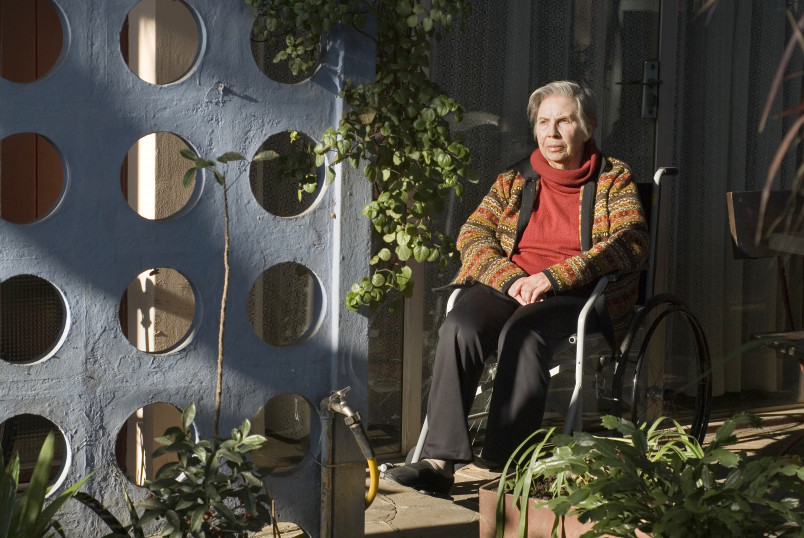A joint initiative between the HRC and the Canadian Institutes for Health Research (CIHR) was established to support community-based primary healthcare. Cross-jurisdictional and interdisciplinary research was funded to develop, implement, evaluate, and compare innovative models for access to care for vulnerable populations.
Principal Investigators Professor Nicolette Sheridan of Massey University and Associate Professor Tim Kenealy of the University of Auckland partnered with Canadian colleagues in a project spanning three international locations (NZ, Quebec and Ontario).
They used methods co-designed with local service providers (Hospice NZ) and focused on implementation of successful models of integrated community-based primary healthcare that address the health and social needs of older adults with complex care needs (such as those requiring care from multiple health providers including family physician, home, secondary or tertiary care).
Working in partnership with 32 hospices in 17 clusters across New Zealand, the researchers contributed to service improvement with a systematic evaluation of ‘what works'. They found that successfully implemented innovations would include:
- Hospices partnering with whānau to support care at home through kaitiaki, a carer network facilitator, and kaiāwhina roles.
- DHBs funding linked services between aged residential care and palliative care (Hospice services).
- Hospices collaborating nationally to ensure all palliative care services integrate cultural frameworks.
Professors Sheridan and Kenealy encouraged a central focus on equity and community partnership throughout the research process.
The researchers acknowledged that consumers need to be part of the research team to responsibly address equity issues. Consumers bring cultural balance due to a breadth of experiences, values, priorities and relationships that can disrupt the assumed wisdom of traditional researchers.
